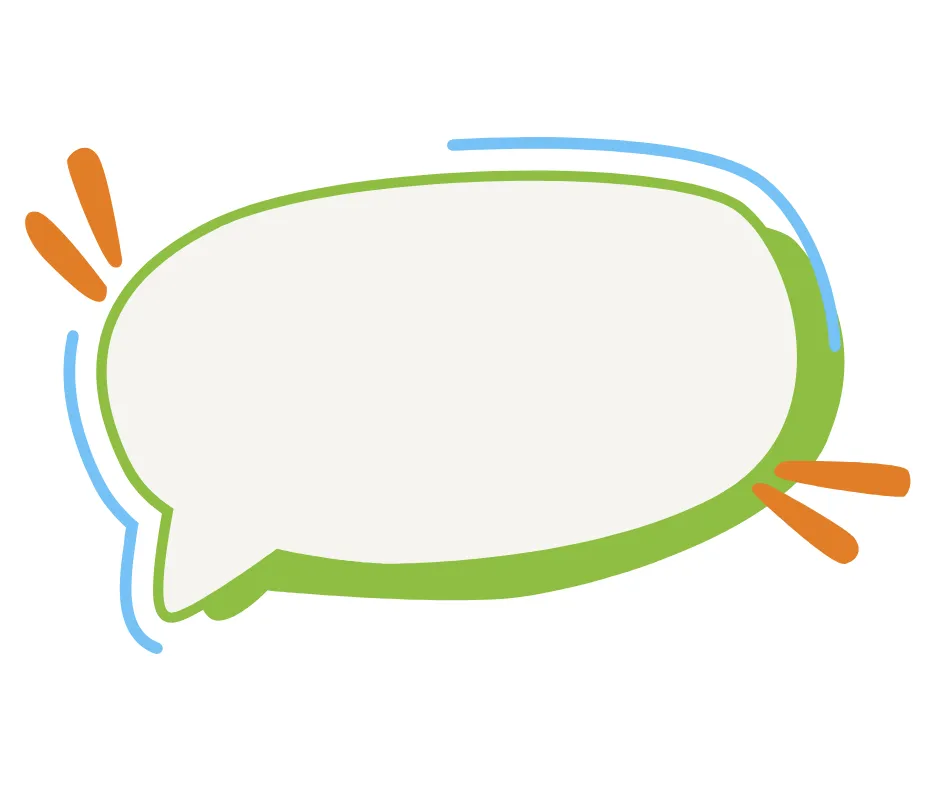
Language Development - a Guide for Parents
Helping Your Child Develop Language: A Guide for Parents
As parents, we all want our children to learn and grow. One of the most important skills they develop is language. Language helps children express their thoughts and feelings, understand what others are saying, and build relationships. But how do we know if they’re on track? And what happens if they seem to be struggling?
Let’s take a look at what to expect with language development and what can be done if your child needs extra support.
Language Milestones: What to Expect
Children learn language at different rates, but there are general milestones to look out for. Language development happens in two ways:
Expressive language – how a child uses words to communicate.
Receptive language – how a child understands what is being said to them.
Here are some key language milestones for children from birth to 6 years old:
Birth to 1 year: Babies start by cooing, babbling, and reacting to sounds. By their first birthday, they may say simple words like "mama" or "dada" and understand common words like "no" or "bye-bye."
1 to 2 years: Toddlers begin using more words and short phrases like “want cookie.” They also understand simple instructions such as “come here.”
2 to 3 years: Children start forming short sentences and asking questions. They understand and follow simple two-step instructions like “get your shoes and come here.”
3 to 4 years: Their sentences become longer, and they can tell short stories. They understand most of what is said at home and in familiar settings.
4 to 5 years: Children can carry conversations, use more complex sentences, and understand longer instructions.
5 to 6 years: Language skills continue to grow. They can tell detailed stories, ask and answer a variety of questions, and understand more abstract concepts like time (yesterday, today, tomorrow).
If your child is not meeting these milestones, it may be a sign of a language delay or disorder. If your child is having challenges with their language, it can affect learning, social skills, and confidence. But there’s good news—a Speech Pathologist can help!
How Speech Therapy Can Help
If your child has difficulty with language, a Speech Pathologist can help. We are called Speech Pathologists here in Australia, but in other parts of the world, particularly America, we are known as Speech Language Pathologists - because we are specialised to assess, diagnose, and treat language delays as much as we are specialised for speech delays. We are the perfect people to help!
Speech (Language) Pathologists use fun, engaging activities to build language skills. Some common therapy approaches include:
Play-based therapy – Using toys, books, and games to encourage language development in a natural way.
Modelling and expansion – Repeating what the child says and adding more words to build their sentences.
Visual supports – Using pictures, gestures, or signs to help a child understand and use words.
Storytelling and conversation practice – Encouraging children to describe events and share their thoughts.
Early support makes a big difference. If you’re concerned about your child’s language development, talk to a Speech Pathologist. They can assess your child’s skills and recommend ways to help them thrive.
Final Thoughts
Every child learns at their own pace, but knowing the milestones can help you spot potential concerns early. If you think your child may have a language delay, don’t panic—help is available! With the right support, children can build the language skills they need for success.
If you have questions or concerns, reach out to us! You’re not alone in this journey, and there are plenty of ways to help your little one grow into a confident communicator!
